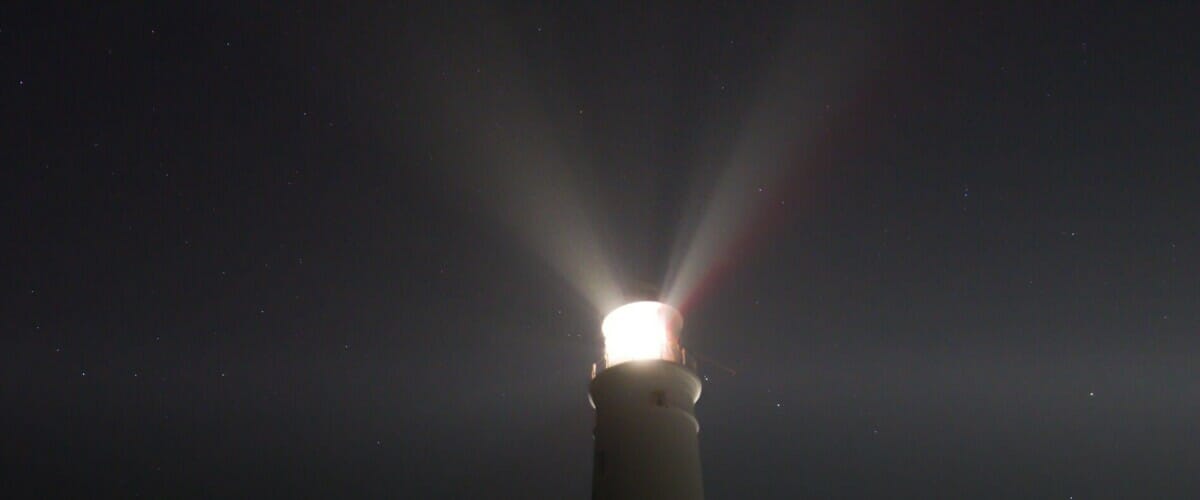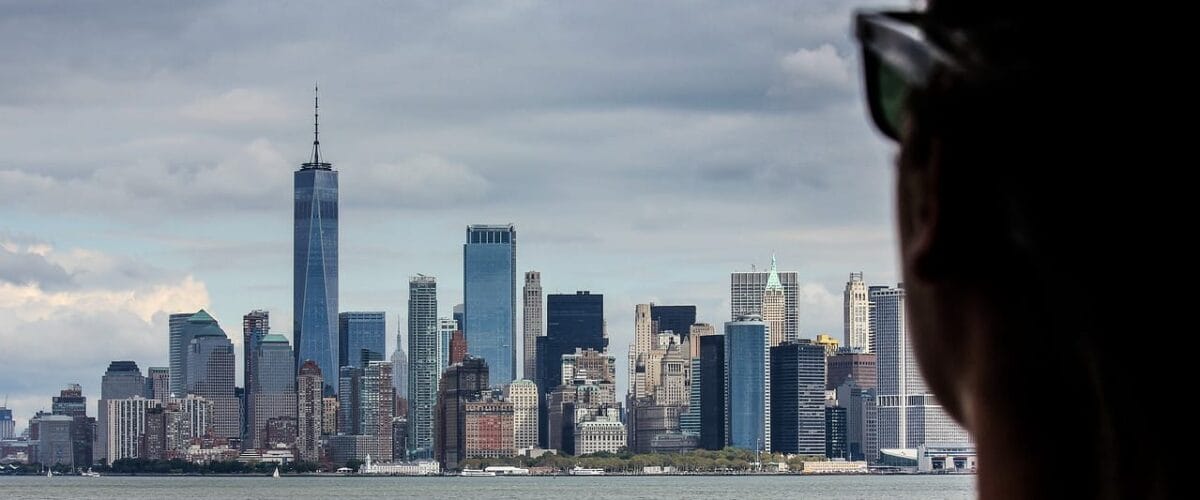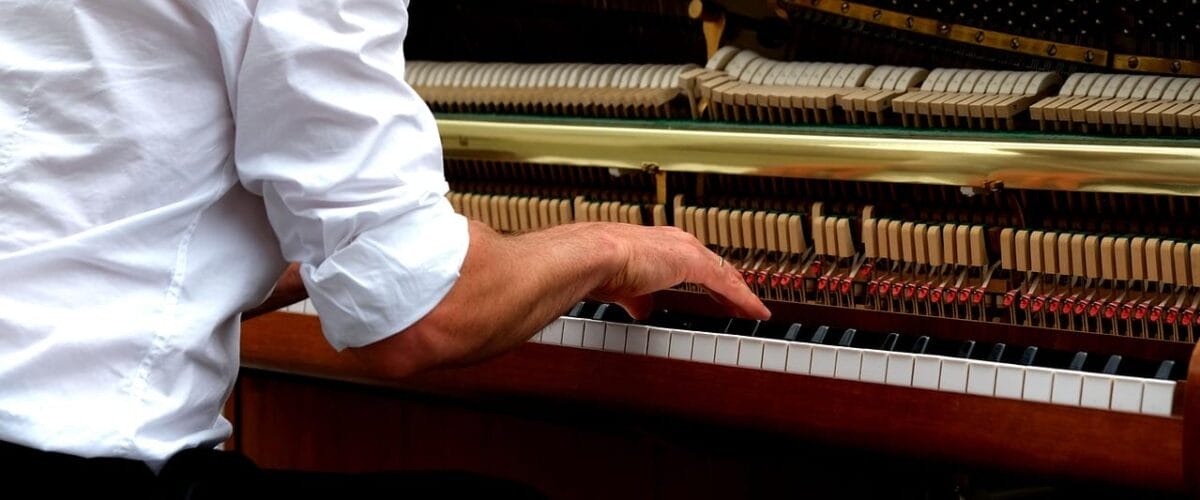Sometimes it’s like a restlessness, like an unidentified longing, or like a nagging bewilderment unsettling any attempt we make at contentment. It’s not the kind of feeling that makes itself known center stage – no, this is more like that feeling that lingers in the shadows just off stage, as if it were nothing more than an imperfection in the scenery. But when it catches our eye, we can’t help but feel a foreboding that something isn’t right, like something we can’t quite remember . . . like the whole of reality has shifted, and this isn’t the reality we belong in.
Theologically we know this to be the persistent residual effect of The Fall – where we are constantly aware of the disparity between what is . . . and what ought to be. Exiled from Eden, we head east. Cain kills Able and is exiled into the east. The flood waters come and go, and then we head east. Then in the east we build a great tower in Babylon, a dysfunctional monument to our banishment. Finally, in the confusion of our shame and fear, we wander away homeless and disillusioned. And so closes the first eleven chapters of Genesis . . .
This is where the story picks up with Abram, a man called of God to leave behind the suburbs of Babylon and head west to the land of promise. But even as he arrives at this place of promise, Abram continues to live in a tent – because even though this is the place . . . it still feels impermanent. And this becomes the reoccurring metaphor of Israel – concluding with them literally returning from exile in Babylon to inhabit a place haunted by the reality that even this home doesn’t feel like home . . . that it’s just a shadow of what it should have been.
The common Christian response of “this world is not my home; I’m just passing through” is temptingly deceptive — because it rings true that this doesn’t feel like our home and that there is a place where our longing to belong will finally be satisfied. But the deception is in thinking this world is nothing more than a sinking ship, and the best that any of us can hope to do is fill the lifeboats and watch it sink. The trouble with this notion is that it isn’t actually how we are admonished to live while in exile . . .
We are fond of celebrating the hope found in God’s plans when reading Jeremiah 29:11 – without fully appreciating that Jeremiah is addressing God’s people as they are being dragged off into exile to Babylon. Which is likely why we don’t fully comprehend Jeremiah 29: 4-7 and its emphasis on being a blessing to this place we find ourselves, even within the context of exile. In this way, our faith in the midst of exile is how we live in Christ — no longer as exiles, though we remain in the land of exile. We are to become beacons of hope to those who haven’t yet realized that they’re living in exile. So let us proclaim the rescuing grace of God that is our hope – as a hope yet to be fully revealed, and a hope to abide where we are . . . living our lives to the fullest in this place where God has called us.
In the Arthurian legend, Avalon is the mythic place of peace and rest that resides in the west . . . when will we ever learn to live in God?




















[…] Open the full article on the kingdomwinds.com site […]